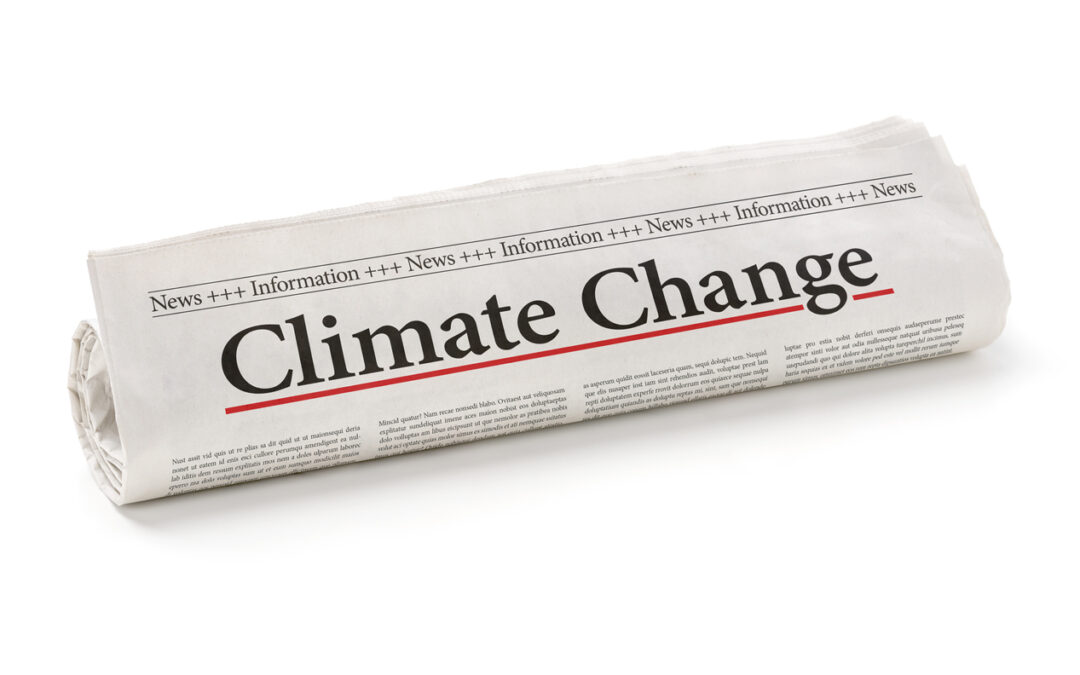A (non-comprehensive and quite random) list of climate change, climate policy and environmental justice stories from the past week.
Prioritizing Justice in New York State Climate Policy: Aiming for Cleaner Air in Disadvantaged Communities. The outcome of decarbonization is improved air quality. New research from a team led by Resources for the Future and the New York City Environmental Justice Alliance asks: Will disadvantaged communities see benefits? (see the full story here)
Climate change-related droughts dent progress on energy emissions – report. Droughts limiting hydro-electric generation globally prevented a fall in the energy sector’s overall carbon emissions in the first half of 2023 despite the growth of wind and solar power, climate think tank Ember said in a report on Thursday. (see the full story here)
Why Summers May Never Be the Same. The globe’s warmest months on record redefined summer for many Americans. (see the full story here)
Whales and dolphins in American waters are losing food and habitat to climate change, US study says. (see the full story here)
Weather disasters caused by climate change displaced 43 million children, says UNICEF.
Weather disasters fueled by climate change — from floods to droughts, storms to wildfires — sparked 43.1 million child displacements from 2016 to 2021, the UN Children’s Fund warned Thursday, slamming the lack of attention paid to victims. (see the full story here)
Copernicus: September 2023 – unprecedented temperature anomalies; 2023 on track to be the warmest year on record. (see the full story here)
Over the last year, rules requiring companies to publicly outline their climate vulnerabilities and plans to decarbonize have taken off. The European Union’s climate disclosure rule, which goes into effect in January, will require companies to disclose material risks that climate change poses to corporate bottom lines as well as how companies’ operations materially impact the environment. The U.S. Securities and Exchange Commission is finalizing a proposal to make companies disclose their climate risk. And in September, the legislature of California, often an environmental leader, passed its own version of such a policy, which Governor Gavin Newsom has said he will sign in the coming days. (see the full story here)
The Pope’s Warning to a Warming World. Naming and shaming the countries and industries he sees as bad actors. (see the full story here)
Survey: Religion and race shape views on cause of climate change. Share of U.S. adults who say climate change is mostly caused by human activity, by select religion. (see the full story here)
‘Absolutely perverse’: climate scheme could reward Australian coalmines whose emissions rise.
Exclusive: Analysis says under Labor’s revamped safeguard mechanism some coalmines could more than double their emissions and still benefit financially. (see the full story here)
The big idea: can we predict the climate of the future? Predicting the future lies at the heart of responding to climate change. We want to know what things will look like if we take certain actions to reduce greenhouse gas emissions – and what they will look like if we don’t. The difference between the two provides the basis for weighing up the various climate policies that might be on the table. (see the full story here)

